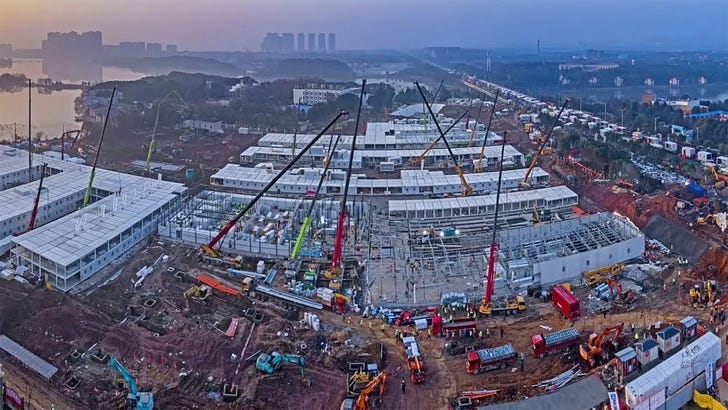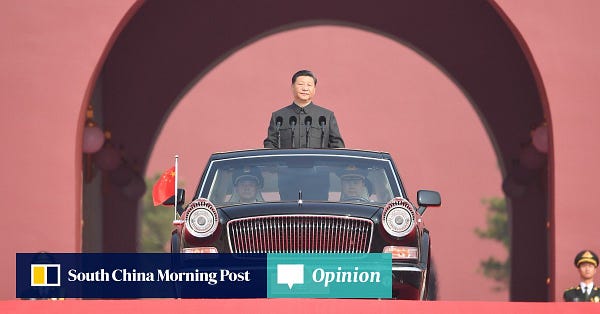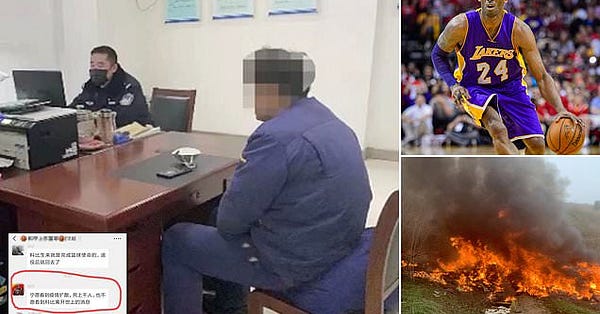The China Letter: February 5, 2020
A hospital built in 10 days
The first patients of Wuhan Huoshenshan Hospital were admitted on Monday, 10 days after construction began on the 1,000-bed facility designed for coronavirus patients. Chinese state media promoted the fast turnaround, which was based on experience:

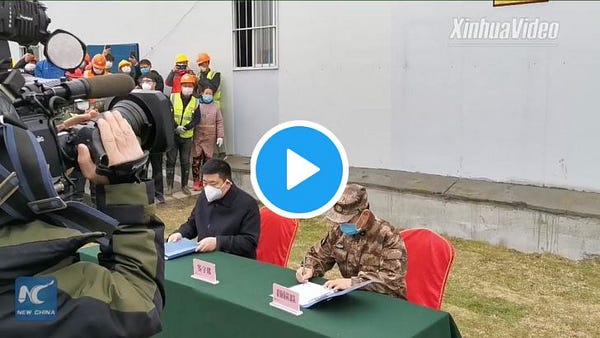
But stories like this may not be appearing as often going forward: at a high-level meeting, China’s leaders called for more information control around the outbreak.
Both sides of an outbreak
As the coronavirus death toll neared 500, a shift in tone was detected with how China was instructing citizens to take precautions. Chinese president Xi Jinping called for effective “propaganda and public opinion guidance,” reflected in this video on TikTok:


But despite the spread of messages about how melancholy and frustration will disappear in spring, or the release of the official coronavirus-fighting anthem “Believe Love Will Triumph,” daily life in China amidst the outbreak sounds like a bleak scene:
The battery of questions
After his release on a $1 million cash bail, after being charged with lying to the U.S. Defense Department about receiving funds from the Chinese government, curiosity swirled around how Charles Lieber ended up doing research outside of his specialty:

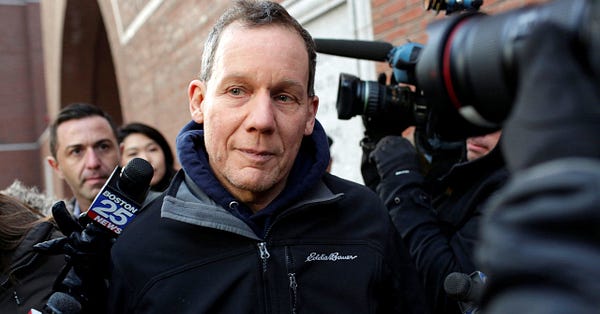
Lieber’s arrest is being seen as part of a crackdown on academic espionage, as funding from China increasingly seen as a route to access intellectual property that was initially backed by the U.S. Confucius Institutes, the Chinese government-funded centres at universities across the country are also facing a greater level of scrutiny.
Anarchy fears after the U.K.
Britain’s decision to allow Huawei access to its 5G network led House Republicans in the U.S. to introduce a resolution that condemns it. Fears over this move providing a opening for China to infiltrate of the Western communications infrastructure remain:


On his trip to Europe and Central Asia, U.S. Secretary of State Mike Pompeo was observed by Associated Press to have one recurring message: “Beware of China.” The White House is looking to companies like Microsoft and Dell to fill the gap on 5G.
Leadership is a real business
The America-China Divide: The Race to Control the World is a new book by Daniel Wagner. This excerpt argues that the slowing of the Belt and Road Initiative reflects a global weariness over how China’s style of government is its own worst enemy:
Say what you will about the slippery slope the U.S. government has been on since Donald Trump came to power, it has a rich history of promoting creative thought, running headfirst into particularly uncomfortable subjects, and encouraging robust debate internally and among its allies and partners.
China has entered the arena crippled by its ideology, but with a clear sense of its interests, capabilities and strategy. Ultimately, the U.S. is better equipped to lead the world. It knows that, and so does much of the rest of the world.

